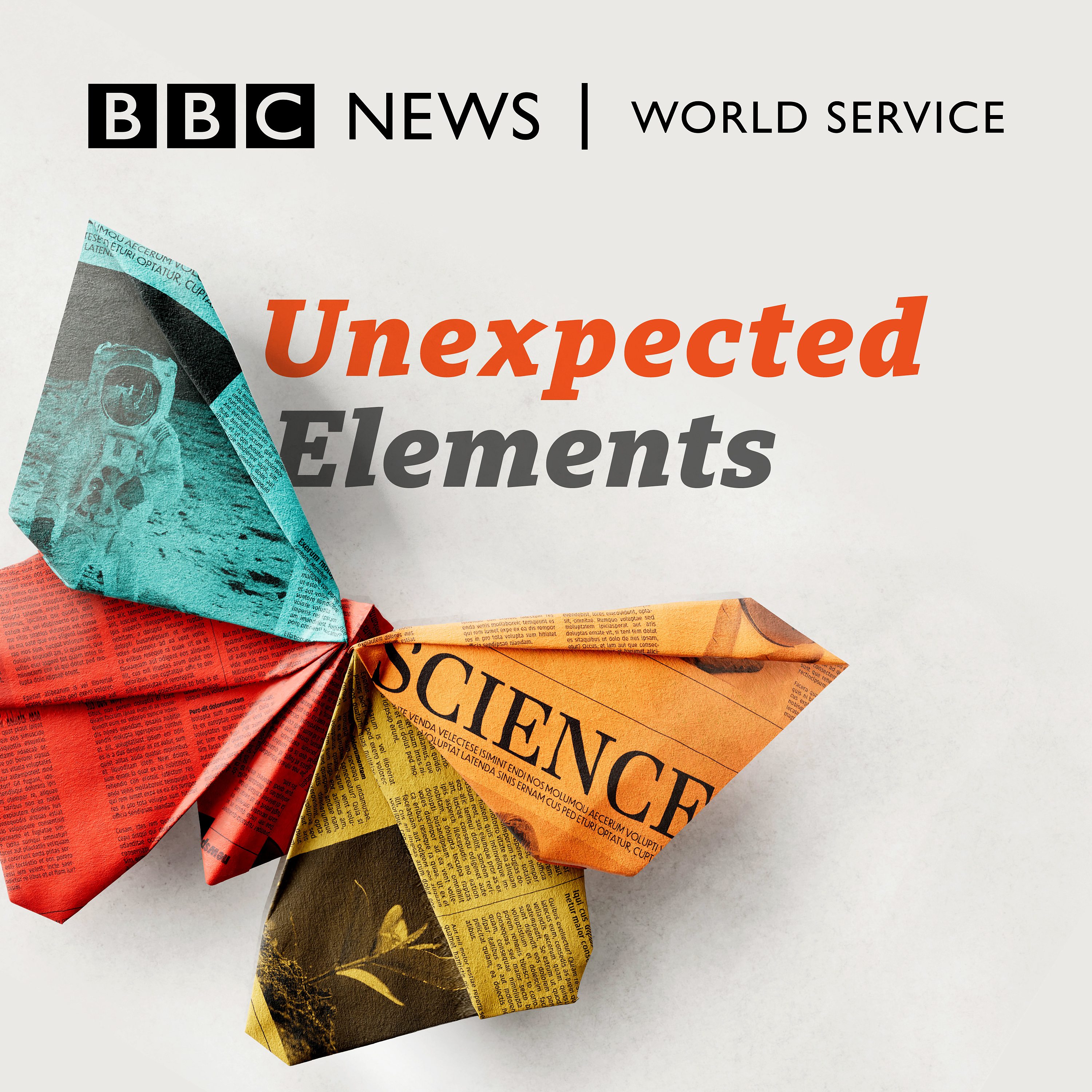

…
Unexpected Elements
The news you know, the science you don’t. Unexpected Elements looks beyond everyday narratives to discover a goldmine of scientific stories and connections from around the globe. From Afronauts, to why we argue, to a deep dive on animal lifespans: see the world in a new way.
The news you know, the science you don’t. Unexpected Elements looks beyond everyday narratives to discover a goldmine of scientific stories and connections from around the globe. From Afronauts, to why we argue, to a deep dive on animal lifespans: see the world in a new way.
All
Progress
Duration
Release Date